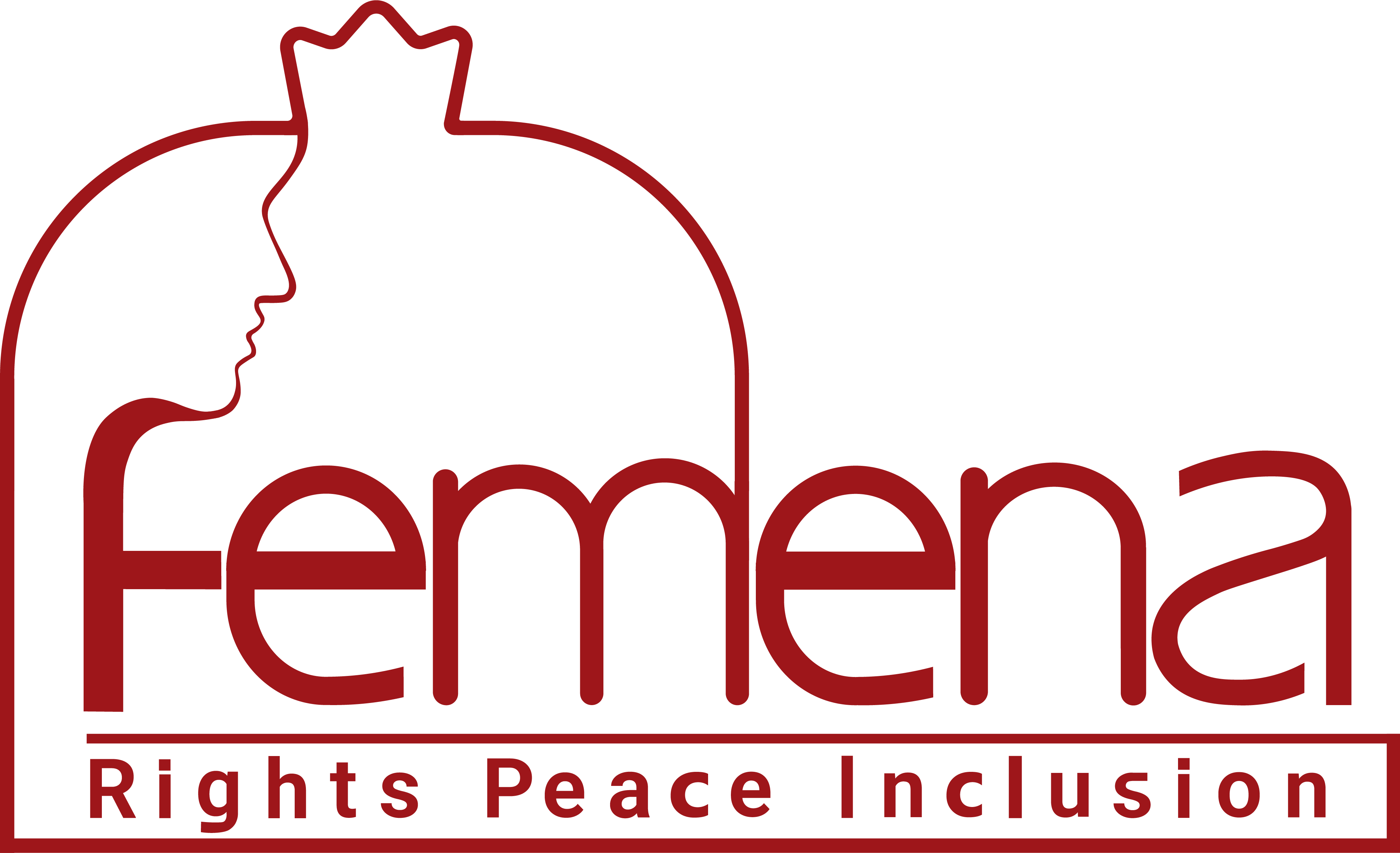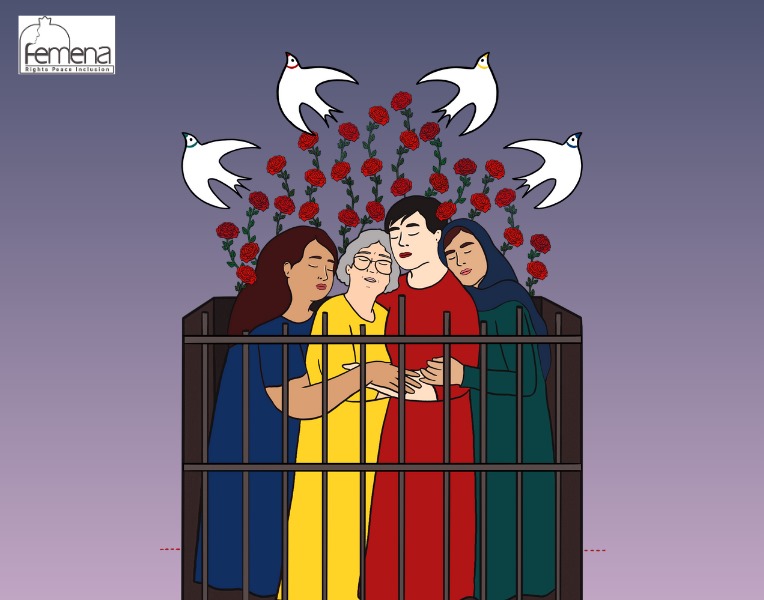Women’s struggles for freedom and equality constitute a vibrant part of any social movement for transformation and social justice. Women human rights defenders (WHRDs), as activists courageously working for the defense of their own rights and the rights of others have always been at the forefront of these struggles. In South West Asia and North Africa (SWANA), many of these women begin their struggle from within their homes- the private sphere to which patriarchy relegates them. Within that sphere, they challenge the norms, rules and traditions that have placed women in a subordinate and inferior position, as they strive to change their own lives and that of other women in their families. Later, as activists, they take that struggle to the public sphere, raising awareness and encouraging other women to join them in combatting violence against women, sexual harassment and other forms of oppression that keep women subjugated.
Women human rights defenders in the SWANA region must contend not only with patriarchy, but with authoritarianism, militarism, occupation, fundamentalism, and economic neoliberalism in their struggle for rights and equality. The undemocratic regimes in power, which have an interest in preserving the status quo, use all methods at their disposal to silence and marginalize women human rights defenders and maintain authority and control over them. As women have become increasingly aware of their rights as the result of feminist and egalitarian movements, their demands for changing discriminatory constructs have grown stronger, and correspondingly, so has the pressure from security sectors and judicial systems in the region’s authoritarian regimes.
Women human rights defenders who work to promote rights and address and eliminate harassment and violence against women are subjected to countless forms of violence themselves, including frequent summons and interrogations, judicial harassment, travel bans, restrictions on their civic and social activism, temporary detention, and imprisonment. Not surprisingly, sexual harassment, intimidation, harassment, abuse and even assault are also used against women human rights defenders in an effort to discredit them, render them inactive or punish them.
This report is based on research Femena has conducted in ten countries in the SWANA region, in order to classify and document the various forms of sexual violations and harassment used against women human rights defenders and highlight the health and psychological impact of these abuses on them. Femena interviewed twenty-one women human rights defenders who had experienced some form of sexual harassment, abuse or violence by security or prison officials during interrogation, detention or while imprisoned. The WHRDs interviewed were from Afghanistan, Bahrain, Egypt, Iran, Palestine, Sudan, Syria, Saudi Arabia, UAE, and Yemen. The report also outlines the challenges faced by WHRDs, and how their roles, despite the challenges, have expanded, resulting in increased security backlash, which include an array of security, terrorism and other charges brought against WHRDs. Drawing on the interviews, the report provides a set of recommendations on how WHRDs facing sexual violence as a result of their efforts to promote rights can better be supported by an array of local, regional and international actors.
This report would not have been possible without the cooperation and support of the women human rights defenders who shared their experiences with us – strong, resilient women who, despite enduring different forms of harassment and harm, continue their struggle and fight for human rights. Femena appreciates of these defenders and the path they have forged, and hopes to see the day when no activist in this region experiences repression at the hands of the state and its security agents simply for seeking their basic rights.


